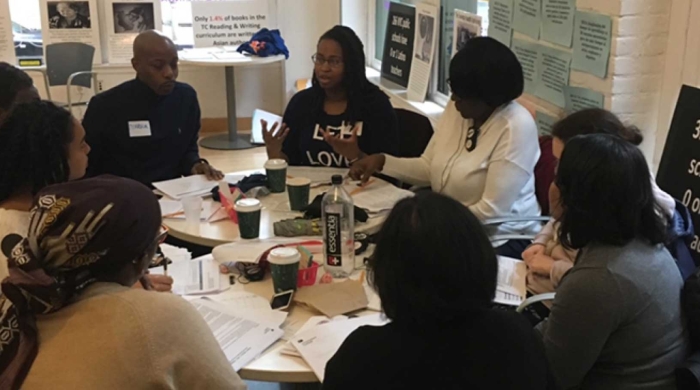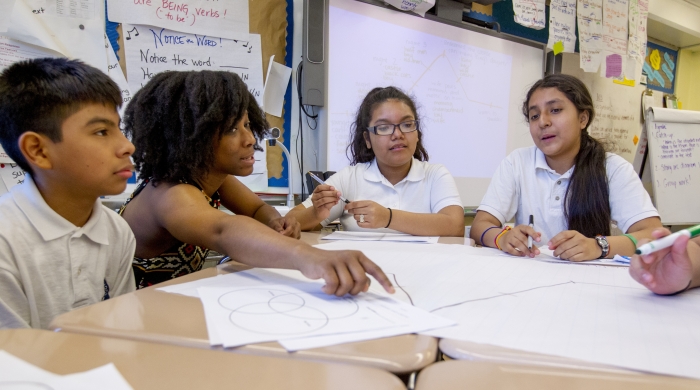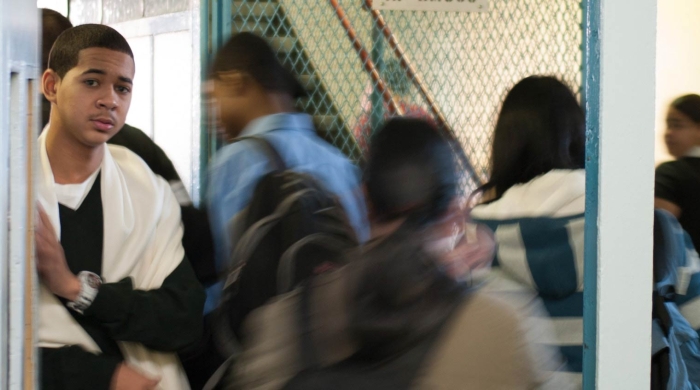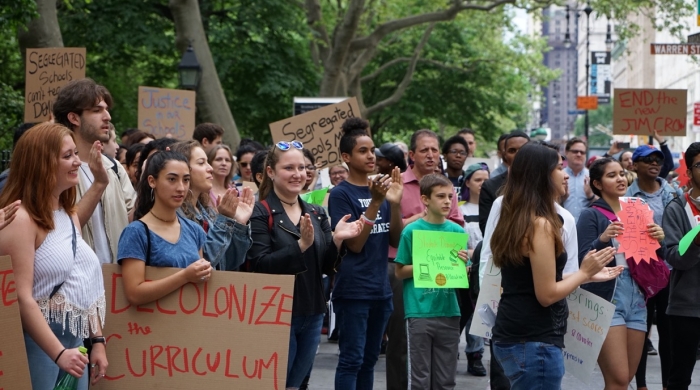Research Areas
Culturally Responsive-Sustaining Education
Culturally Responsive-Sustaining education is intended to help education stakeholders create student-centered
learning environments that affirm cultural identities and foster positive academic outcomes.
Linguistic Justice
linguistically plural students face unbelievable consequences in educational spaces. This research explores language not as an addition but as a critical component of education.
Family Engagement and Leadership
Our researchers working collaboratively to develop novel, engaging, participatory, and culturally responsive ways to explore family engagement and leadership
Integration
Critical research that explores the impacts of segregation as well as the impacts of integrated schools spaces
Discipline and Disproportionality
Disproportionality represents one of the most significant problems in education. The results of decades of research show that students of color, particularly African American students, are at increased risk for exclusionary discipline practices.
Youth Engagement and Leadership
Youth engagement a leadership explores how participation contributes to growth in critical consciousness (CC) and developmental competencies (DC) associated with school engagement and later postsecondary outcomes
Through research, we seek to ask questions and tell stories that not only shine a spotlight on injustice, but also uplift the community cultural wealth and funds of knowledge of Black, Indigenous, People of Color and those that have been marginalized due to their intersecting identities of language, immigration status, religion, gender identity, sexual orientation, and disability. Funders of our research have included the Institute of Educational Sciences, the WT Grant Foundation, the W.K. Kellogg Foundation, and the Gates Foundation.
Research to Practice Partnerships and Community Initiatives
PRE partners with schools and districts, community-based organizations, and parent organizations to collaboratively investigate, create, and sustain equitable spaces, practices, and policies within and outside of schools. The goal of our Research-to-Practice partnerships and Community Initiatives is to create mutually beneficial relationships that bring together research, practice, and all the important stakeholders (privileged and disadvantaged) by:
- Co-creating useful data and research that has implications and guidance for practice.
- Translating research into field-friendly publications and media for various practitioners and communities.
- Sharing resources and expertise to assist community-led and educator-led research.
- Organizing events, webinars, and training to bridge research and practice, build research skills/data literacy for practitioner use, and elevate the work of programs, practitioners, and researchers.
At PRE, we view educators, administrators, students, parents, education organizations, and community members as education practitioners.
Featured Research
A Literature Review of College Access and Readiness Research
An increasing number of jobs require postsecondary education, but some BIPOC students, particularly Black, Latinx, and Indigenous students, are not graduating at the same rates as other students. We explore the factors that impact college access and readiness for BIPOC and low-income populations.
An Evaluation of the BPS Excellence for All Initiative
Our report provides a primarily qualitative analysis of fidelity and quality of support for student learning in the implementation of the EFA initiative in 16 Boston Public Schools serving 4-6th grade students.









